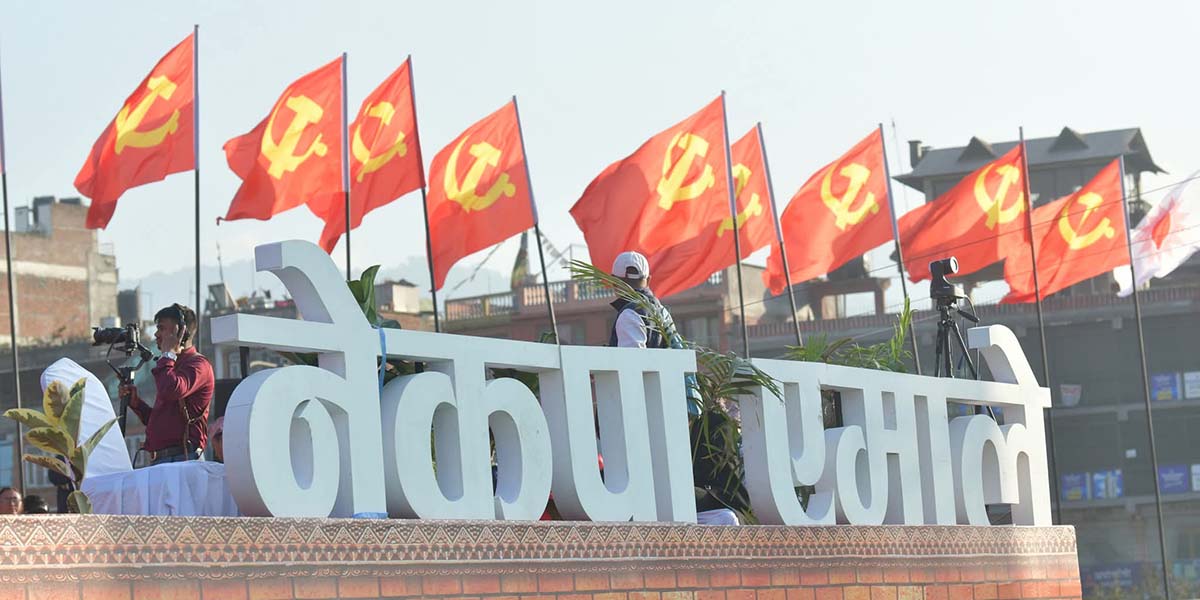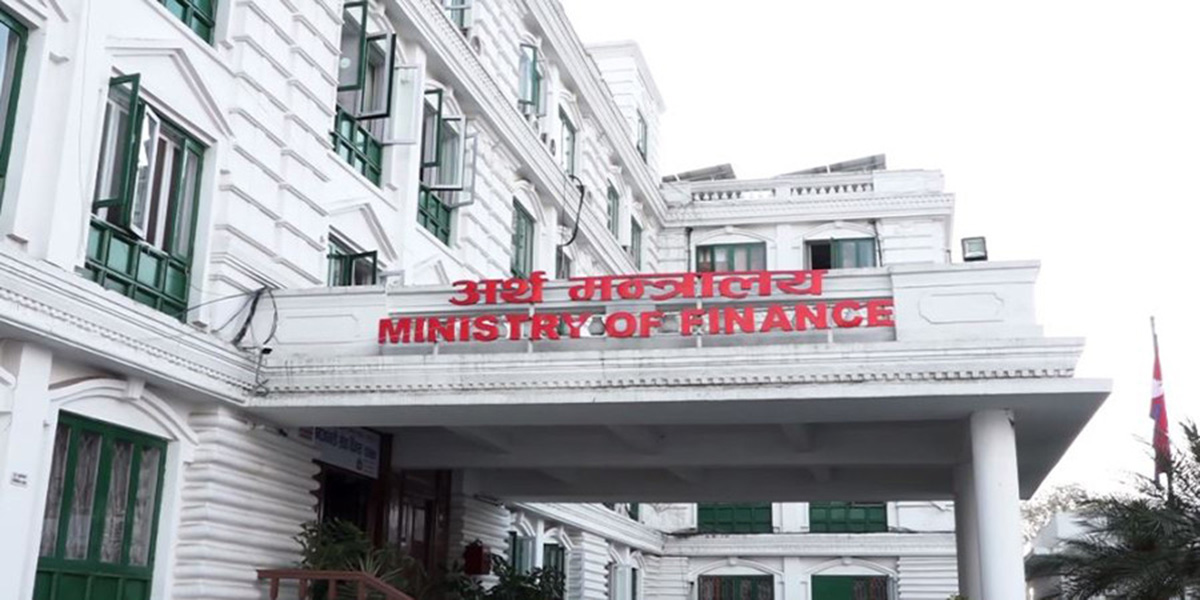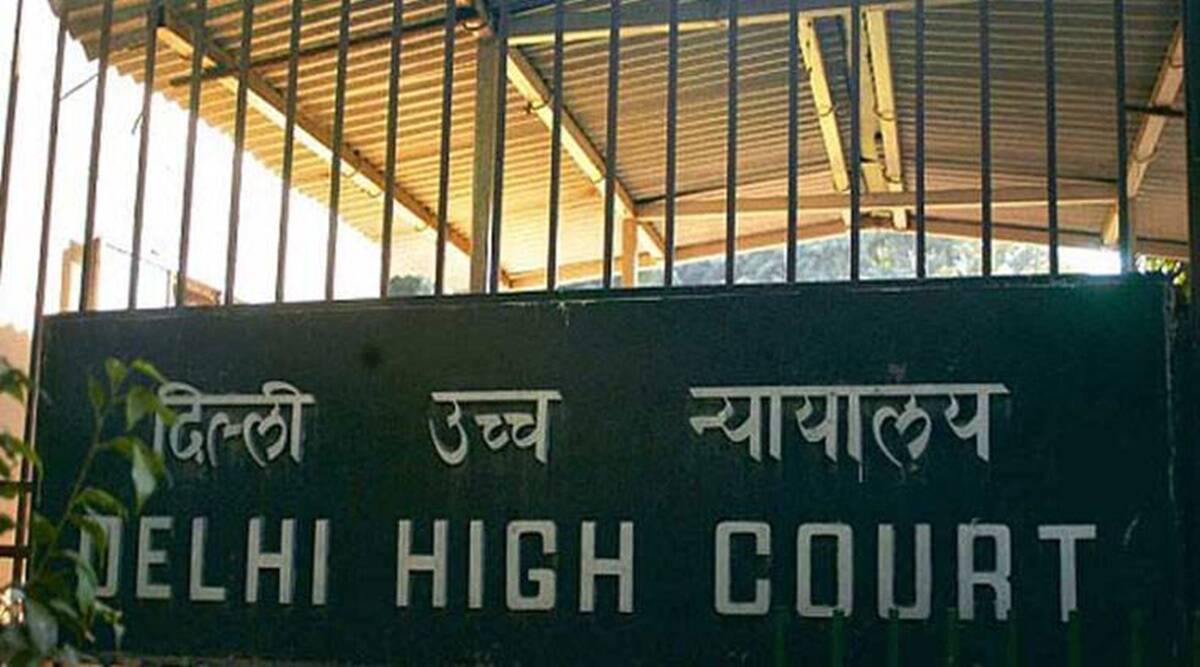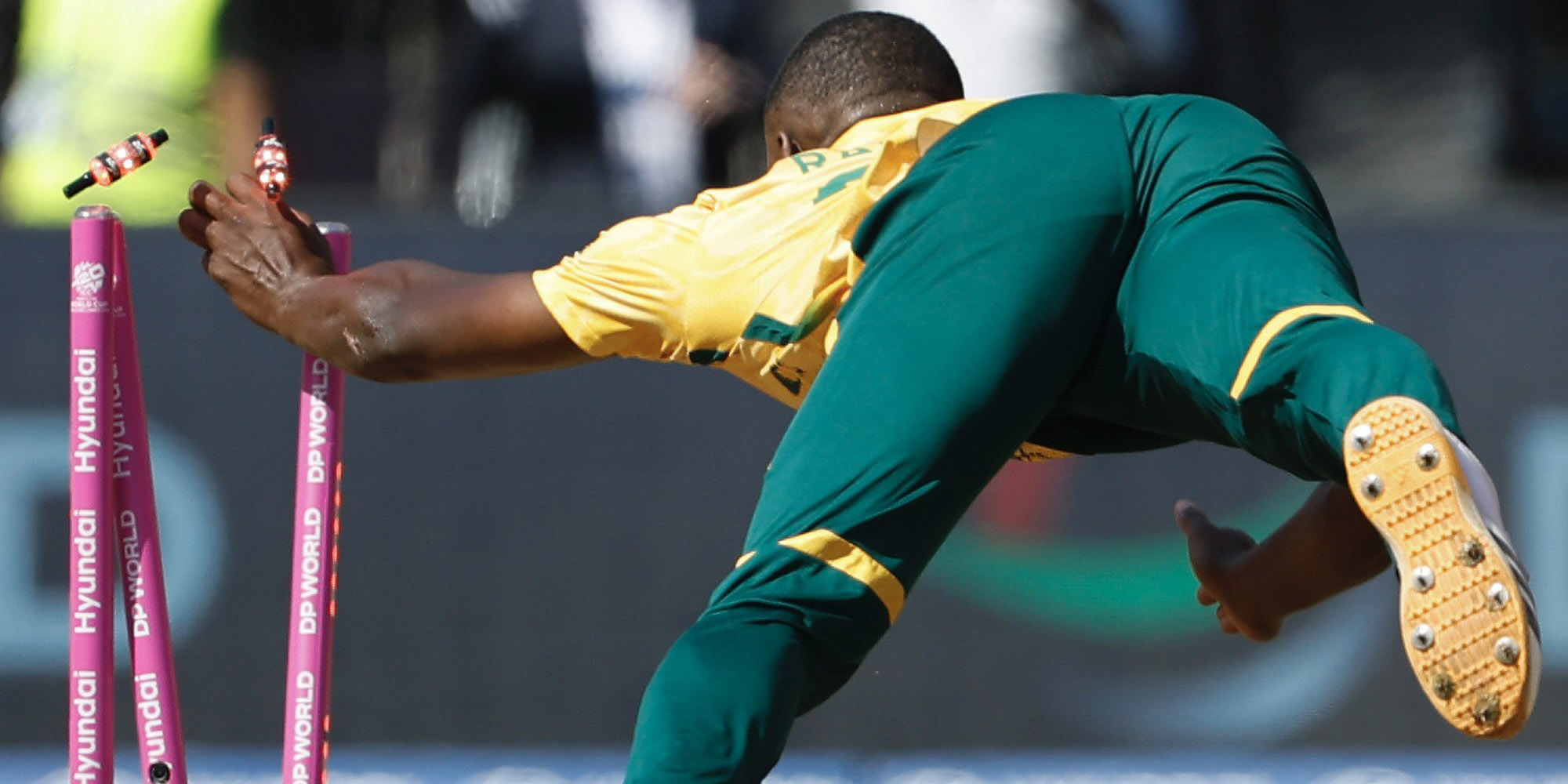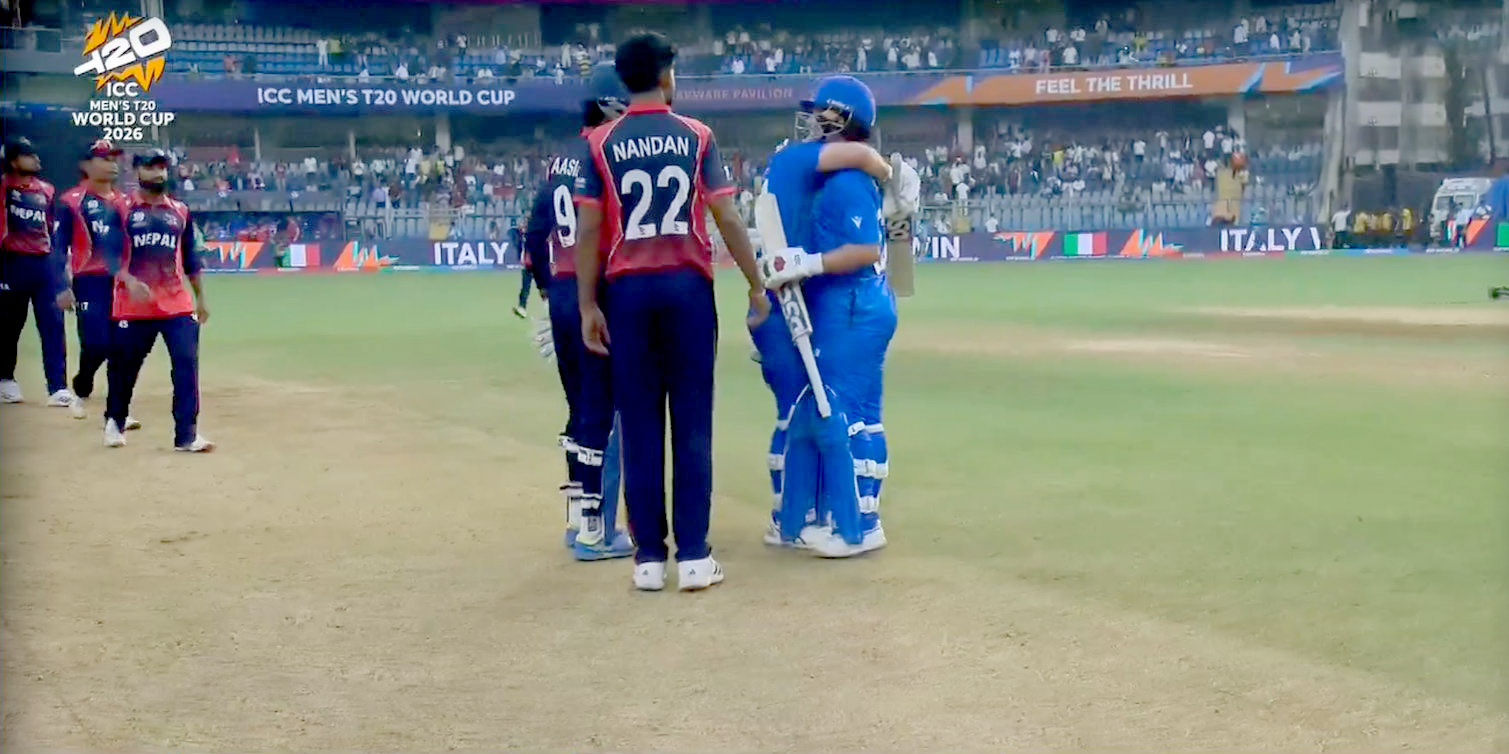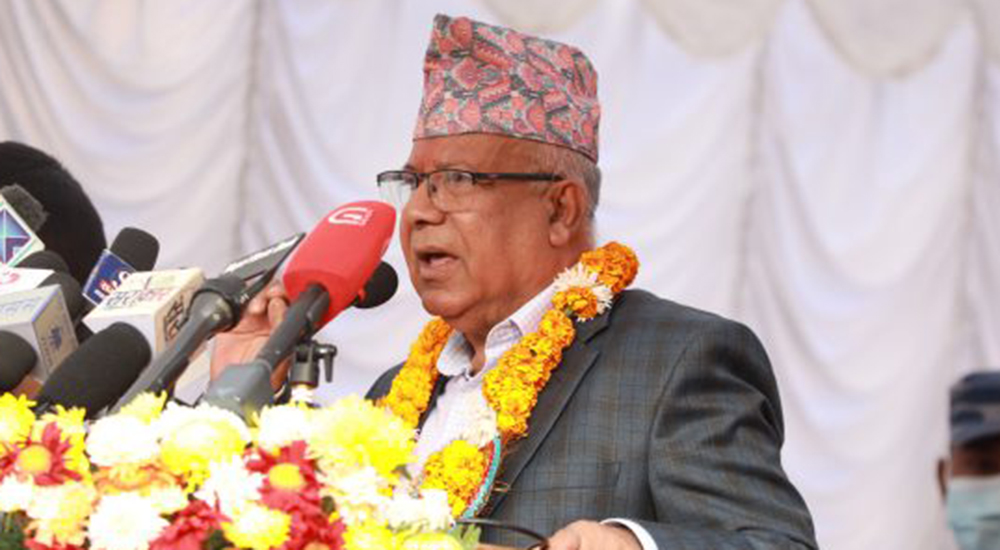
KATHMANDU: Speculations are being made about the fate of CPN (Unified Socialist) following its poor showing in the elections for the House of Representatives and province assemblies. Amid all this, the difference in opinions among party leaders regarding unification with CPN (Maoist Center) has put party chairman Madhav Kumar Nepal in a difficult situation.
Party general secretary Dr Beduram Bhusal Friday issued a statement saying that reports of the party unifying with the Maoist Center were false. However, another Unified Socialist leader Mukunda Neupane has countered Bhusal’s statement, saying that the two parties reached an agreement to unify the party on August 17.
Bhusal said though the party was clear about the necessity to integrate Communist forces, no talks, discussions and dialogue have heen held in this direction recently. Neuapne had also been saying earlier that there was no possibility of the party unifying with the Maoists. Disputes in the party in regard to party unification have spilled after Neupane promptly countered Bhusal’s statement.
The unification talks gained ground after party chairman Nepal met with Maoist chairman Pushpa Kamal Dahal on Monday. Leaders say the two decided to move ahead by unifying the two parties.
Some leaders of the party, including former prime minister Jhalanath Khanal, however, are in favor of unity with CPN-UML. Khanal hinted about this after the local body election held in March. But the Unified Socialist chose to stay with the election alliance of the five-party ruling coalition. It again didn’t get the expected results.
Deputy chief of the party’s publicity department Damodar Aryal told Himal Press no unification talk has been held with any party recently. “No such talks have been held. Discussions, however, are underway on government formation,” he added.
Unified Socialist, which was allotted 19 seats of Hosue of Representatives, was victorious in 10 seats. The candidacy of its leader Raju Gurung in Rupandehi-2 was declared invalid by the Election Commission. Others failed to win. The party is unlikely to meet the 3% threshold in proportionate representation (PR) vote count to gain the required to get ‘national party’ status in the parliament.
Nepal is under pressure to make Unified Socialist, which split from UML in August last year, a national party. The difference in opinion among party leaders regarding unification has made it further difficult for Nepal. He is yet to make any concrete statement about unification.
While UML is banking on programs like the social security alliance for senior citizens started when Nepal was at the helm of the party, he is leading a party fighting for its existence.
Will he resign on moral grounds again?
Nepal, one of the founders of CPN-ML, was actively involved in the formation of CPN-UML after the political change of 1990. He ascended to party leadership, following the death of general secretary Madan Bhandari in 1993 and led the party till 2008. He became deputy prime minister after UML became the largest party in the 1994 mid-term polls.
UML participated in the general elections of 1991 and 1994, and local body elections of 1992 and 1997 under Nepal’s leadership. While UML is banking on some of the programs, like the social security alliance for senior citizens, started when Nepal was at the helm of the party, he is leading a party fighting for its existence.
Nepal resigned from the party leadership following UML’s poor results in the 2008 Constituent Assembly (CA) polls. He gradually found himself sidelined in the party. Jhalanath Khanal and KP Sharma Oli contested for the post of chairperson in the party’s 8th general convention held in 2009. He contested for the post of party chairperson in the 9th general convention in 2014, but was defeated by Oli.
The differences between the two leaders stemming from the general convention ultimately led to a party split. Nepal led the new party but failed to deliver the expected results in the local body election held in March as well as the November 20 general election.
Many say Nepal is facing a moral crisis because of his party’s poor performance in the elections despite the support of the ruling coalition. But Nepal, who stepped down after the 2008 CA election, is not in a position to relinquish party reins, say leaders close to him.
Nepal, who succeeded in becoming prime minister in the past despite losing elections in two constituencies, may not get to see those good days again. He is facing possibly the biggest crisis in his political career spanning five decades due to the failure of CPN (Unified Socialist) to get ‘national party’ status.

 Himal Press
Himal Press 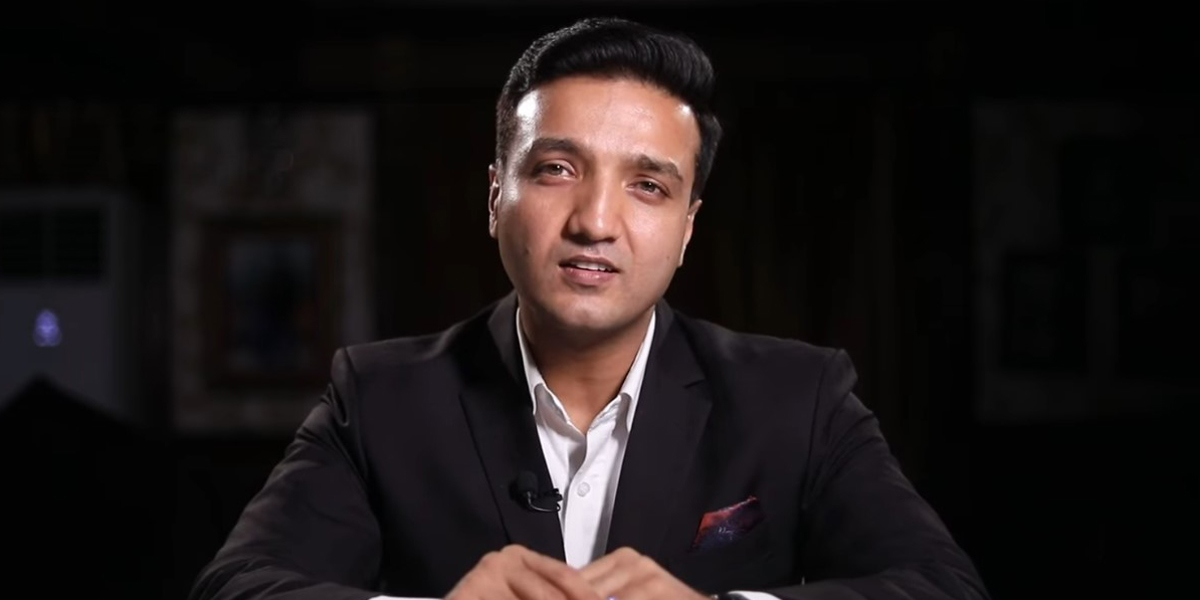
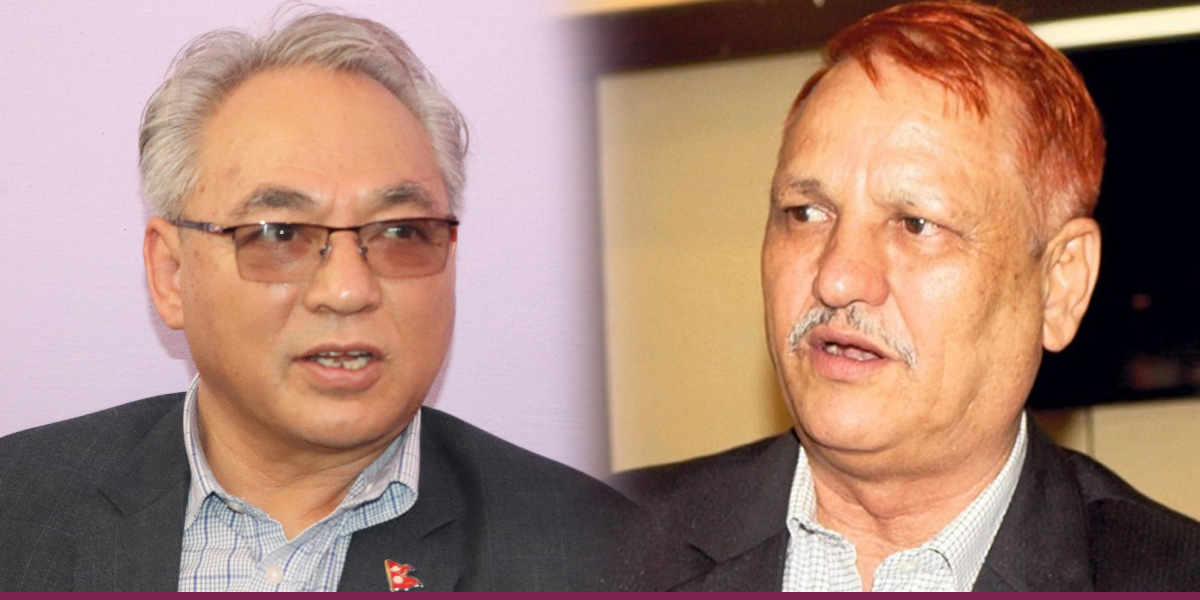
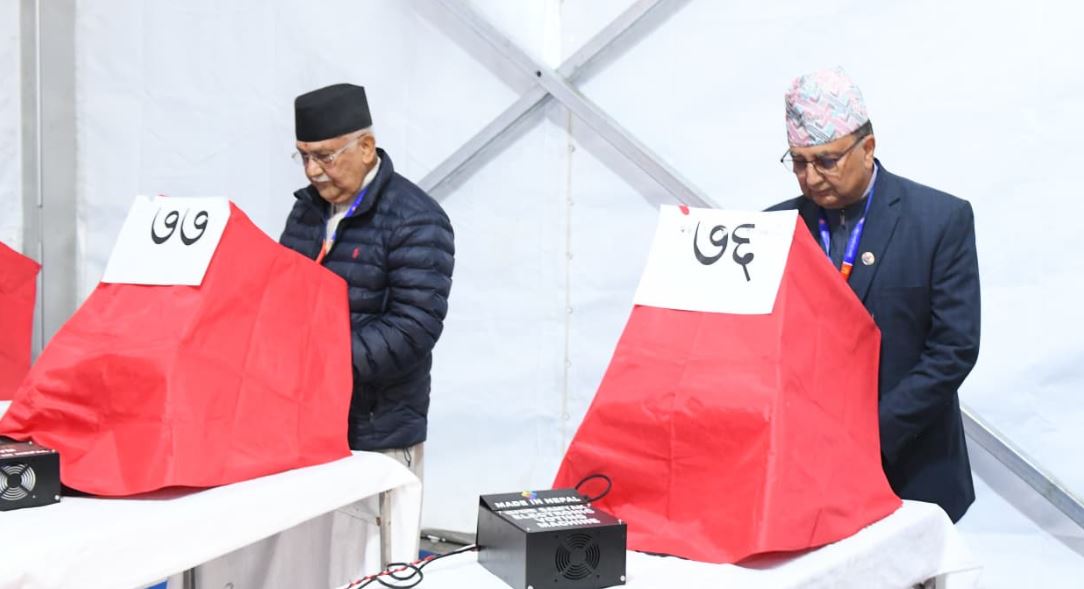
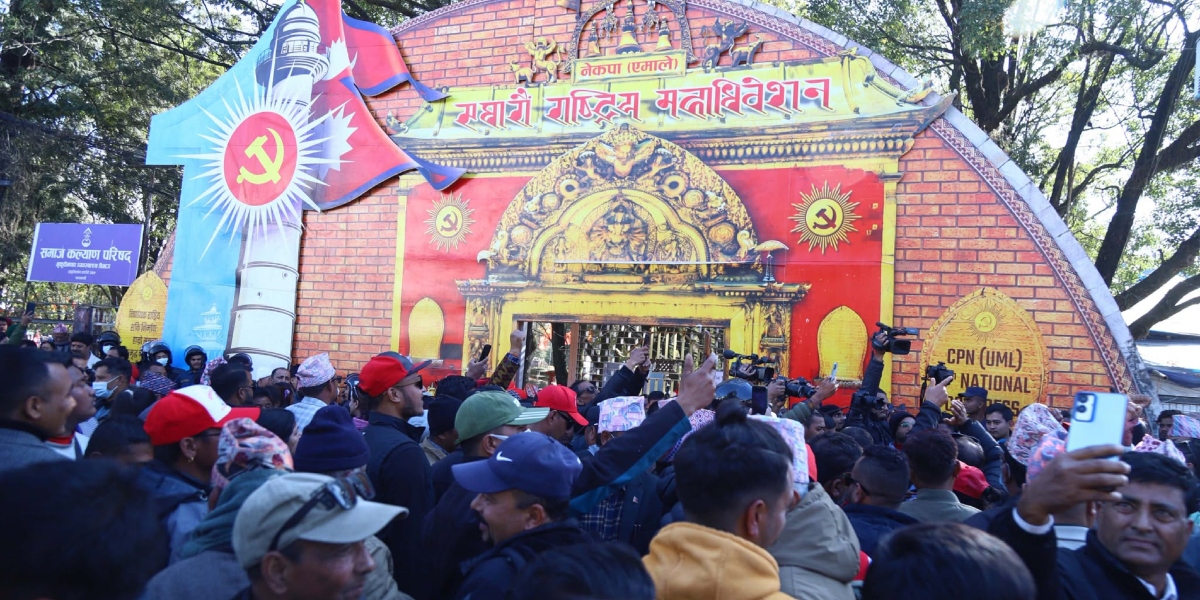
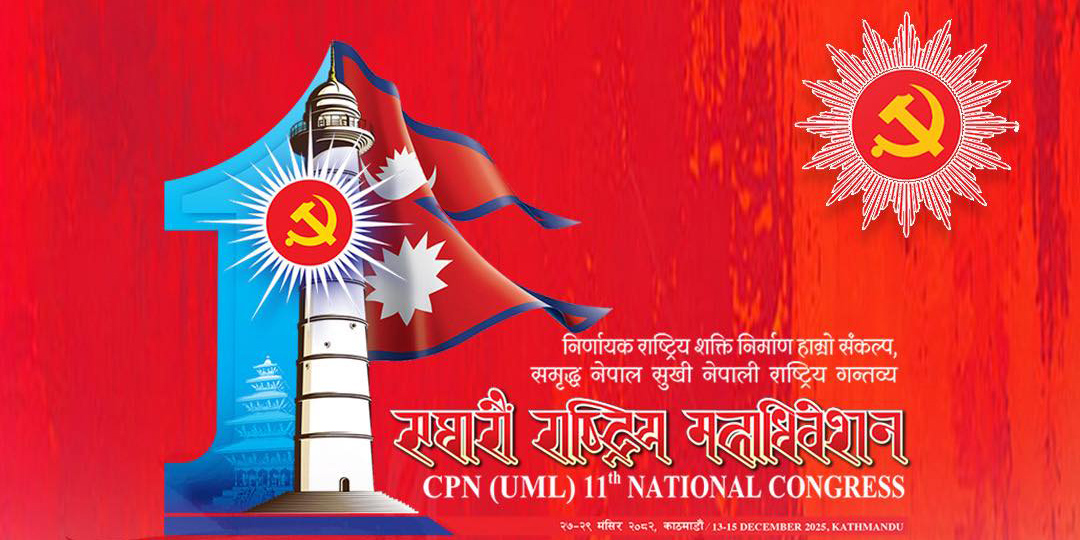
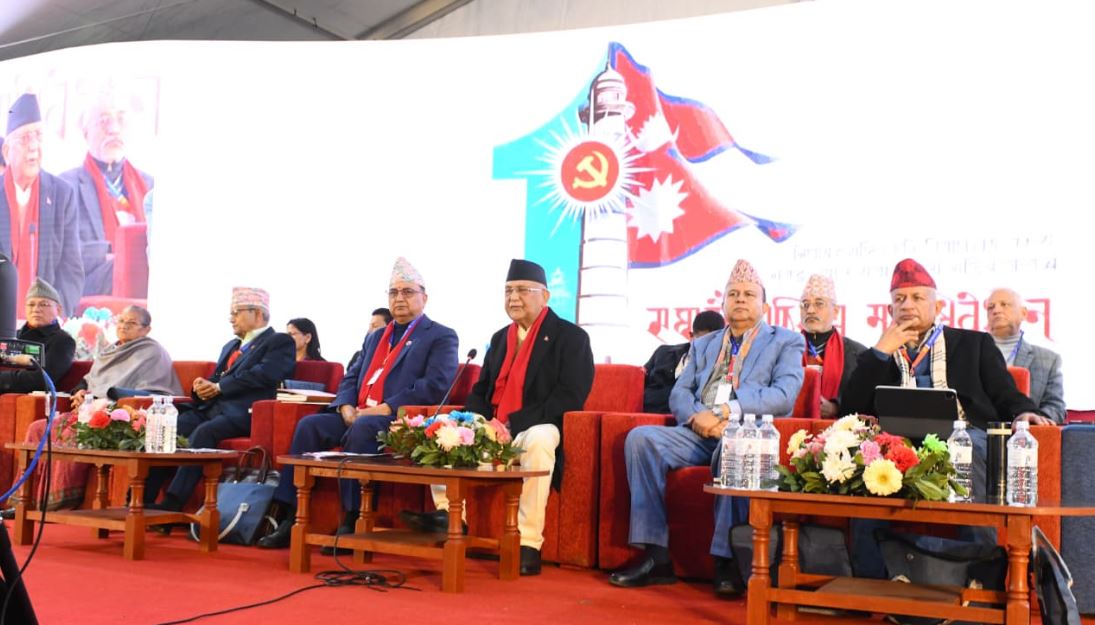
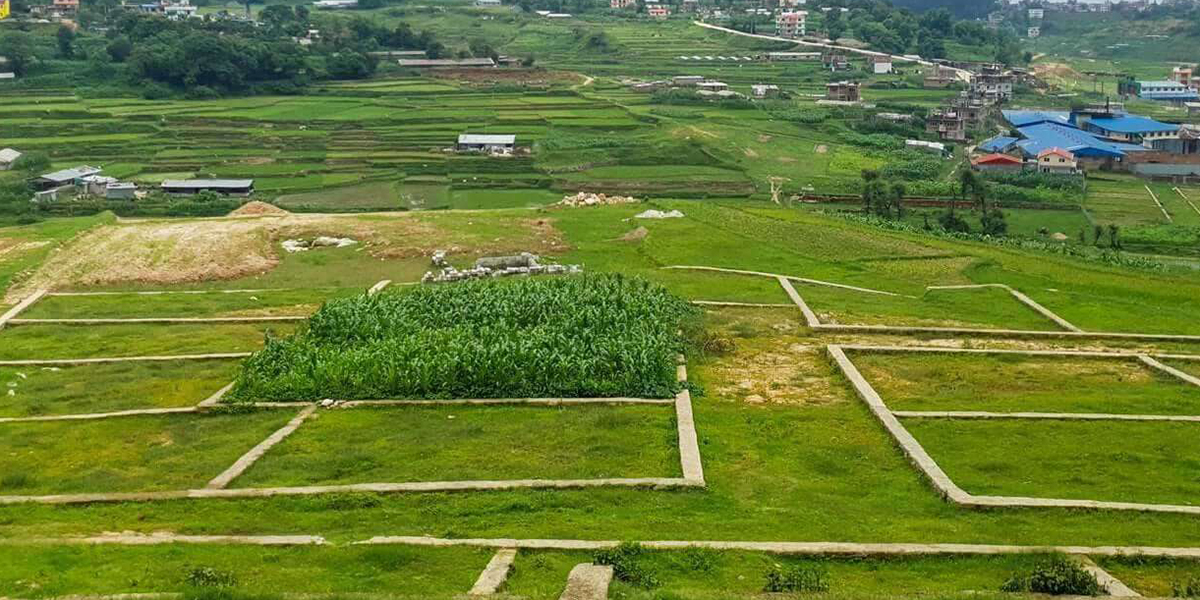
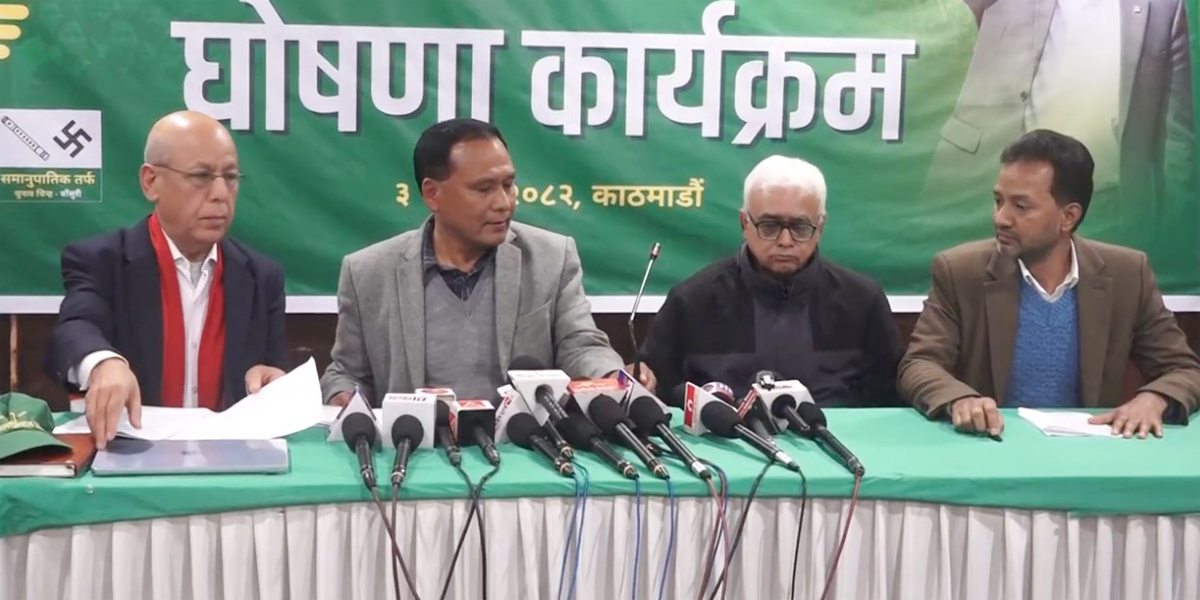

![Maha Shivaratri being celebrated across the country [With Pictures]](https://en.himalpress.com/wp-content/uploads/2026/02/HRB_KTMImage2026-02-15at7.37.40AM1.jpg)
